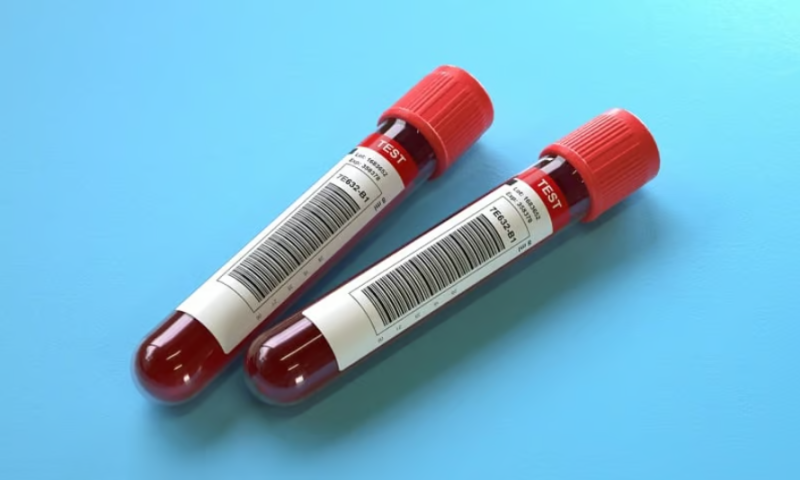Late last year, C2N Diagnostics unveiled the second generation of its liquid biopsy technology to screen for Alzheimer’s disease, and now, it’s putting that blood test to the test.
The company presented a pair of studies of the PrecivityAD2 test at the annual AD/PD conference—which focuses on new findings surrounding Alzheimer’s and Parkinson’s diseases and concluded earlier this month—both highlighting the test’s ability to measure amyloid plaques in the brain, a telltale sign of the development of Alzheimer’s.
The original PrecivityAD test used mass spectrometry to measure amyloid beta 42 and 40 and to look for apolipoprotein E (ApoE), another potential indicator of Alzheimer’s. C2N’s algorithms then used the patient’s resulting Aβ42/40 ratio and ApoE genotype to calculate their amyloid probability score, or APS, suggesting the likelihood that they had Alzheimer’s or were at risk of developing the disease—though follow-up testing was required to make a definitive diagnosis.
The expanded version of C2N’s blood test, meanwhile, combines the Aβ42/40 ratio with another ratio, this one comparing the presence of phosphorylated and non-phosphorylated tau217. The company has said that adding tau into the mix improves the test’s ability to determine whether a patient is positive or negative for brain amyloid plaques, results that are expressed as APS2.
Though the first PrecivityAD test is already available via prescription in almost every U.S. state, PrecivityAD2 is still marked for research use only.
The first of the two studies, according to a release from C2N earlier this month, was conducted on just over 300 Swedish patients who were showing symptoms of cognitive impairment, each of whom was given the PrecivityAD2 test alongside either a cerebrospinal fluid analysis or an amyloid PET scan, two of the current standards for Alzheimer’s screening.
Not only did the blood tests’ APS2 results achieve an area under the curve of 94% when compared to the results of the other tests, but they also helped improve doctors’ diagnoses: According to C2N, when the APS2 results weren’t factored into the diagnostic process, primary care doctors accurately diagnosed symptomatic cases of Alzheimer’s only 60% of the time, resulting in an overdiagnosis of 23% of patients and an underdiagnosis of 17%.
“The primary care physicians’ diagnosis certainty with standard of care only was low, which highlights that they are completely aware that currently available diagnostic tools in primary care are not adequate. The results we’ve seen so far indicate that this can radically change with a blood test for AD,” Sebastian Palmqvist, M.D., Ph.D., a neurologist who helped lead the study said in the release, adding, “The PrecivityAD2 data represent the highest correlation data I’ve seen for a blood test against corresponding CSF biomarkers.”
The second study put the PrecivityAD2 test head-to-head with other blood biomarker tests for Alzheimer’s—but focused on individuals showing no signs of cognitive impairment.
The main component of the study used several of these blood tests to analyze Alzheimer’s risk in 281 cognitively unimpaired people. PrecivityAD2 scored the highest diagnostic accuracy of them all, per C2N, with an area under the curve of about 96% in detecting brain amyloid plaques.
The researchers then looked even further into the use of blood-based biomarkers to predict cognitive decline over time, by studying nearly 300 patients over an average of about eight years. They found that the p-tau217 ratio included in the PrecivityAD2 test served as the best predictor of cognitive decline, according to the test’s maker.

